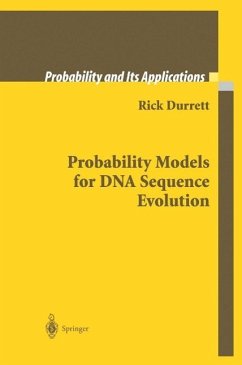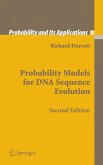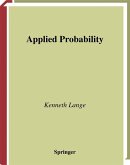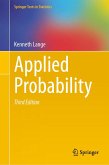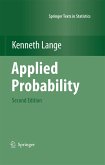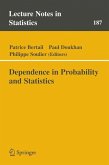This is the second edition and is twice the size of the first one. The material on recombination and the stepping stone model have been greatly expanded, there are many results form the last five years, and two new chapters on diffusion processes develop that viewpoint. This book is written for mathematicians and for biologists alike. No previous knowledge of concepts from biology is assumed, and only a basic knowledge of probability, including some familiarity with Markov chains and Poisson processes. The book has been restructured into a large number of subsections and written in a theorem-proof style, to more clearly highlight the main results and allow readers to find the results they need and to skip the proofs if they desire.
Rick Durrett received his Ph.D. in operations research from Stanford University in 1976. He taught in the UCLA mathematics department before coming to Cornell in 1985. He is the author of eight books and 160 research papers, most of which concern the use of probability models in genetics and ecology. He is the academic father of 39 Ph.D. students and was recently elected to the National Academy of Science.
Dieser Download kann aus rechtlichen Gründen nur mit Rechnungsadresse in A, B, BG, CY, CZ, D, DK, EW, E, FIN, F, GR, HR, H, IRL, I, LT, L, LR, M, NL, PL, P, R, S, SLO, SK ausgeliefert werden.

